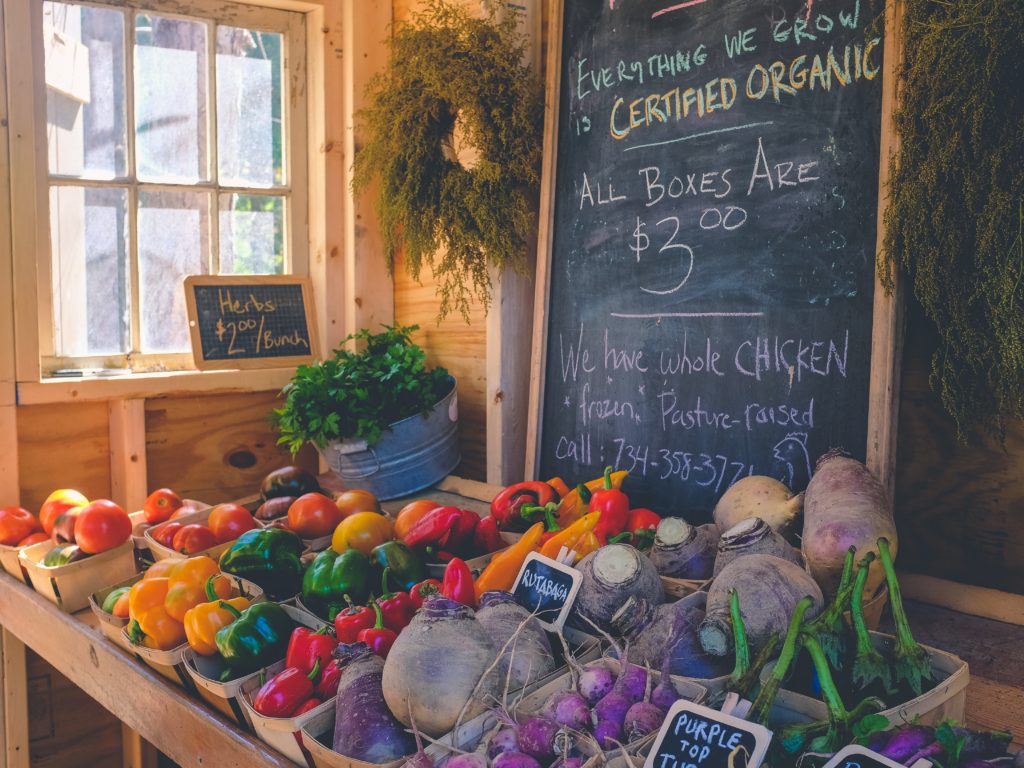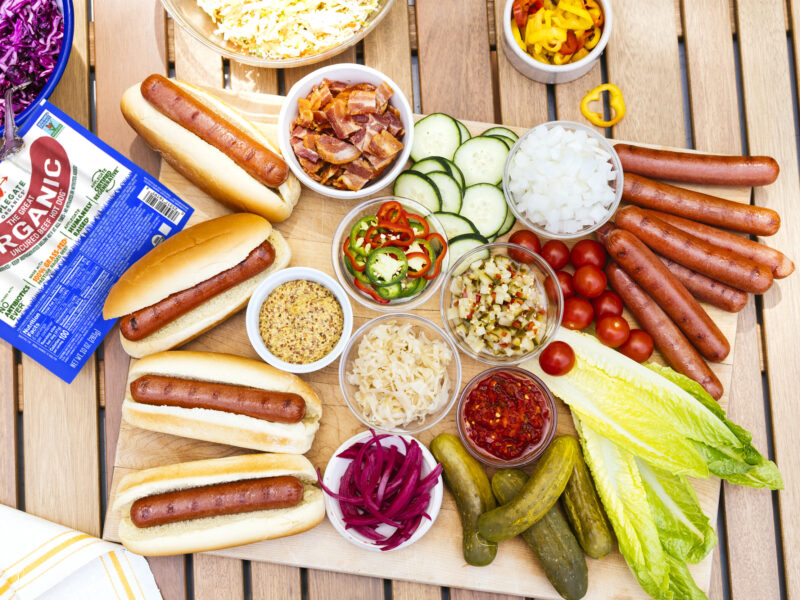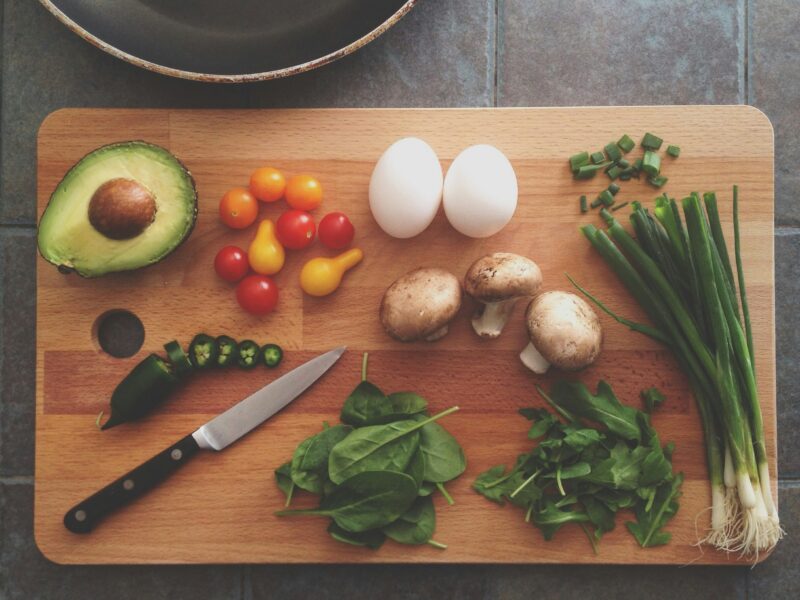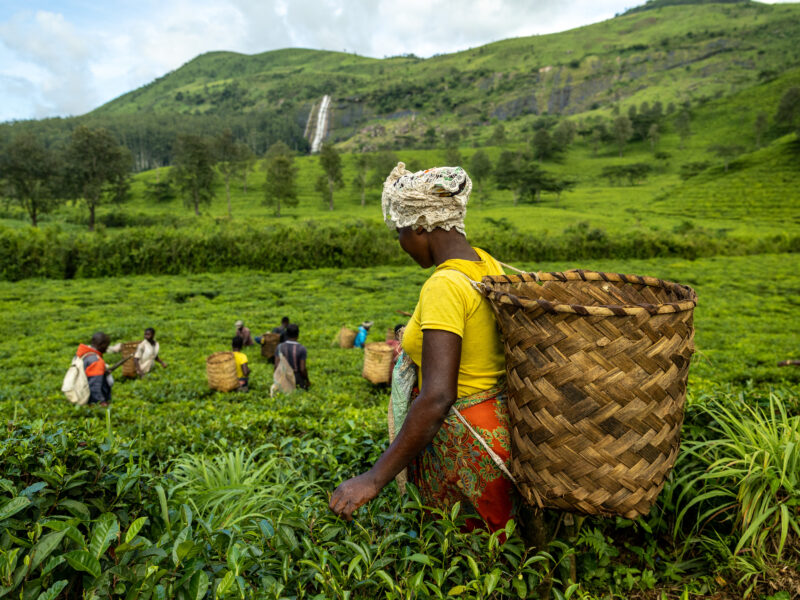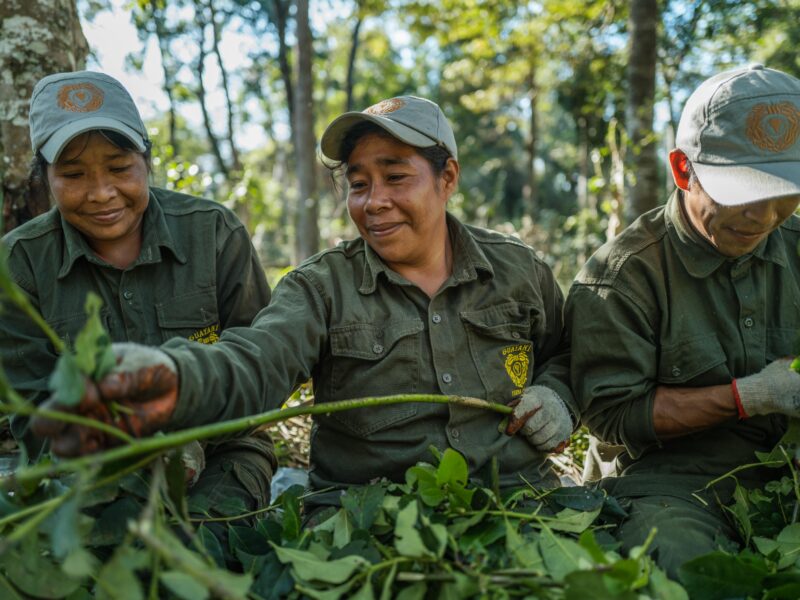While the total number of US acres dedicated to organic production has declined year-over-year, there was a slight increase in acres planted to organic field crops in 2022, including sharply higher soybean acreage, according to a recent report from Mercaris, a market data service and online trading platform for organic and non-GMO certified agricultural commodities. There’s a weird state of organic farming in the U.S: Consumers love it, but fewer and fewer farmers are converting. In the 1970s when George Naylor said he wanted to grow organic crops, the idea didn’t go over well. But over the decades, something unexpected happened — demand for organics started increasing so fast that it began outstripping the supply produced in the U.S. A recent study published in the Journal of Cleaner Productions finds greenhouse gas emissions to be 24 percent lower on organic dairy farms when compared to conventional dairy farms in the United States. These dairy farms focused on grazing and organic production techniques can sequester carbon and reduce greenhouse gas emissions. The demand for organic produce is outpacing what farmers can grow. According to the USDA, the number of conventional farms newly transitioning to organic production dropped by about 70% from 2008 to 2019. Organic comprises about 6% of overall food sales, but only 1% of the country’s farmland is in organic production. After creating Honest Tea in 1998, Seth Goldman and his business partner Barry Nalebuff sold the brand to Coca-Cola. The drink-maker announced it would phase out the Bethesda-based drink in May. Now he’s launching a new tea business called Just Ice Tea, which will begin hitting grocery stores this month
Certified organic acres declined in 2022
While the total number of US acres dedicated to organic production has declined year-over-year, there was a slight increase in acres planted to organic field crops in 2022, including sharply higher soybean acreage, according to a recent report from Mercaris, a market data service and online trading platform for organic and non-GMO certified agricultural commodities.
https://www.foodbusinessnews.net/articles/22280-certified-organic-acres-declined-in-2022
Honest Tea creator’s new organic drinks head to store shelves
After creating Honest Tea back in 1998, Seth Goldman and his business partner Barry Nalebuff sold the brand to Coca-Cola. The drink-maker announced it would phase out the Bethesda-based drink in May. Now he’s launching a new tea business called Just Ice Tea, which will begin hitting grocery stores this month.
https://wtop.com/consumer-news/2022/09/honest-tea-creators-new-organic-drinks-head-to-store-shelves/
The weird state of organic farming in the U.S.: Consumers love it, but fewer and fewer farmers are converting
In the 1970s when George Naylor said he wanted to grow organic crops, the idea didn’t go over well. But over the decades, something unexpected happened — demand for organics started increasing so fast that it began outstripping the supply produced in the U.S.
https://fortune.com/2022/09/22/organic-farming-popular-but-not-with-farmers-converting/
New Report Reveals Organic Dairy Farming Stores Carbon, Reduces Greenhouse Gas Emissions
A recent study published in the Journal of Cleaner Productions finds greenhouse gas emissions to be 24 percent lower on organic dairy farms when compared to conventional dairy farms in the United States. These dairy farms focused on grazing and organic production techniques can sequester carbon and reduce greenhouse gas emissions.
Iowa farmer: ‘I think there’s a need’ for more organic operations
The demand for organic produce is outpacing what farmers can grow. According to the USDA, the number of conventional farms newly transitioning to organic production dropped by about 70% from 2008 to 2019. Organic comprises about 6% of overall food sales, but only 1% of the country’s farmland is in organic production.
https://www.kcrg.com/2022/09/27/iowa-farmer-i-think-theres-need-more-organic-operations/

